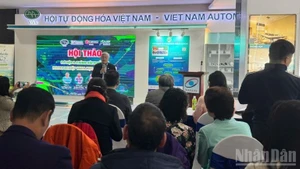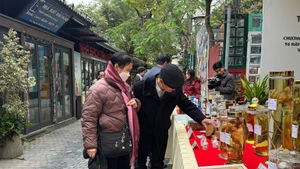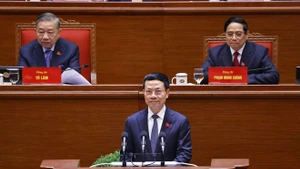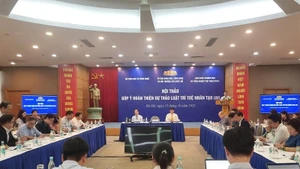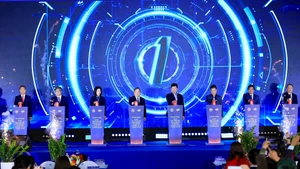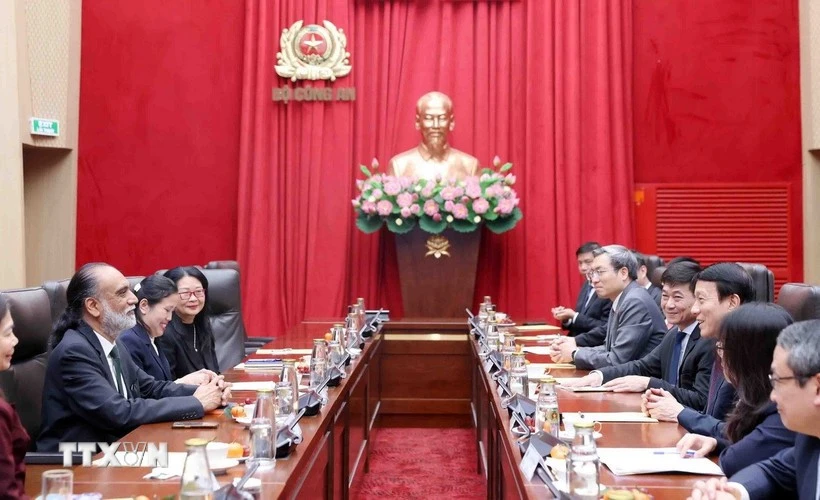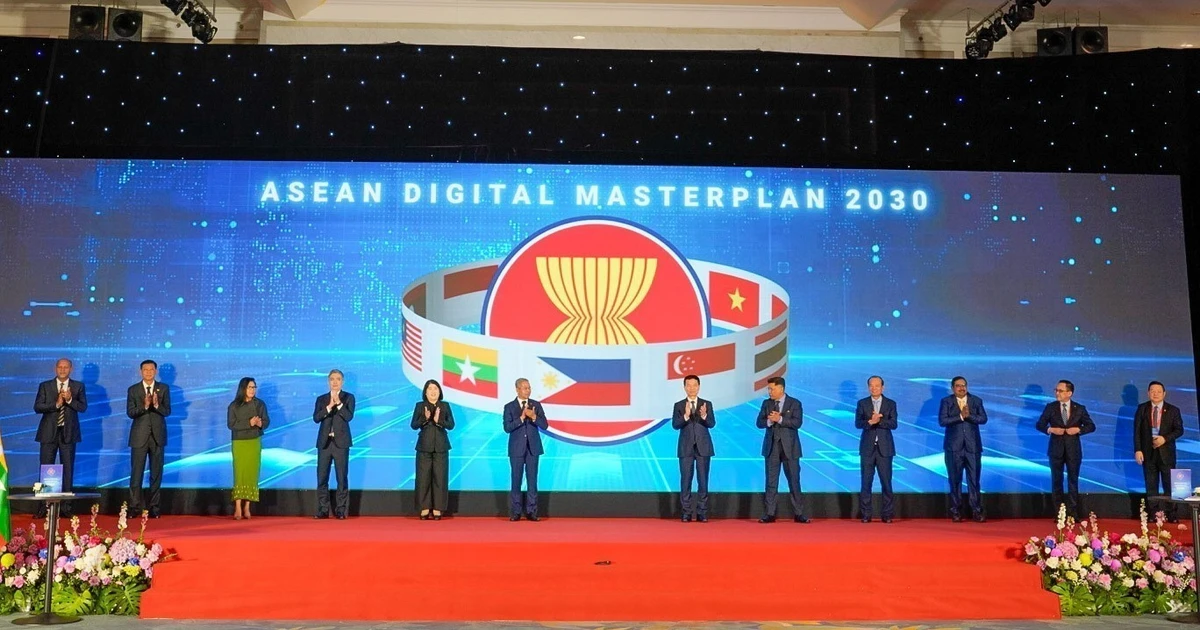Awareness gaps in digital advertising
Amid the ongoing comprehensive digital transformation, e-commerce has become one of Viet Nam’s leading economic growth drivers. According to the Ministry of Industry and Trade, Viet Nam’s e-commerce revenue exceeded 25 billion USD in 2024, with an average annual growth rate of over 20%. Livestreaming, social media advertising, and marketing through influential individuals accounted for more than 30% of total transaction value.
However, rapid growth has been accompanied by legal, professional ethics, and content quality issues. This creates an urgent need to train and certify social media influencers, who are increasingly becoming “digital consumption trend leaders.”
Commenting on the issue, MSc. Trinh Thi Thu Ha, Principal of Ha Noi College of Commerce and Tourism, noted: Viet Nam currently lacks a legal framework or formal training programmes for the profession of community influencers in e-commerce. Most operate independently, without knowledge of the E-Commerce Law, Advertising Law, Consumer Protection Law, or professional ethical standards. There is a need for a trained, certified cohort of community influencers to ensure transparency and legal compliance.
MSc. Trinh Thi Thu Ha added that international trends show countries such as Japan, the Republic of Korea, and Singapore have established training standards and licensing for such professionals. Therefore, Viet Nam needs to take similar steps promptly.
From another perspective, Lt. Col., PhD. Dao Trung Hieu, a criminology expert, observed that one root cause of false advertising is the lack of skills in information recognition and legal understanding. A 2023 survey by the Ministry of Education and Training found that only 28% of Vietnamese students had learned or heard about “digital information verification” skills. Meanwhile, the 18–35 age group is the largest online consumer segment.
Therefore, it is necessary to integrate content such as digital media education in schools and add modules on “identifying false advertising and misinformation” into subjects like Civic Education, Life Skills, or Communication Skills. Students need guidance on checking sources and verifying accuracy using AI tools and fact-checking websites.
Additionally, periodic training should be provided for entrepreneurs, celebrities, or influential professionals invited to collaborate on advertising; journalists; and content creators. Universities in economics, law, and communications should make “advertising ethics and media law” a compulsory course.
Consumer education for adults should also be strengthened, along with community programmes such as “Smart consumers 4.0.” Television, podcasts, and short-video platforms can be used to convey memorable guidance on the “3 No’s – 4 Yes’s”: No blind belief – No sharing without verification – No investing emotionally / Yes verified – Yes questioning – Yes validated – Yes reporting violations.
Issuing professional certificates for “digital consumption leaders”
In practice, promotional activities in e-commerce bring significant benefits, enhancing communication efficiency, reaching customers quickly, and building brand trust. However, in the digital environment, ensuring honesty, transparency, and legal responsibility is vital to protect consumers and maintain brand reputation.
According to Vu Tuan Cuong, AI and Digital Economy expert at the Institute of Applied Science, Technology, and Law (STLA), marketing influencers should hold professional qualifications to promote and sell products in specialised sectors.
For high-expertise livestream programmes (e.g., healthcare, finance, law, education), hosts must have corresponding professional degrees and report their credentials to the streaming platform. When selling products such as medicines, medical equipment, functional foods, and medical formula foods, especially via livestreaming, the seller must hold the relevant degree or administrative licence in accordance with legal regulations.
MSc. Nguyen Hong Bach, Director of the Institute of Applied Science, Technology, and Law, emphasised the need to raise awareness and provide training for enterprises, community influencers, and influential consumers. These individuals should be equipped with legal knowledge on advertising and e-commerce to better recognise and comply with regulations.
To implement this effectively, Ha Noi College of Commerce and Tourism has collaborated with the Institute of Applied Science, Technology, and Law and the Centre for Quality Monitoring and Anti-Counterfeit Measures (CQSAC) to develop a practical training model linked to professional certification for community influencers.
According to MSc. Trinh Thi Thu Ha, the partner organisations provide guidance on legal standards, professional ethics, and supervision of promotional content, while Ha Noi College of Commerce and Tourism develops the curriculum, organises teaching, conducts assessments, and issues professional certificates.
The programme brings tangible benefits to multiple stakeholders. Learners gain legal and ethical knowledge and are able to practise professionally. Enterprises acquire skilled human resources, helping protect consumers and brand reputation. Regulatory authorities can reduce violations in e-commerce, false advertising, and trade fraud, while enhancing management efficiency through a professional certification data system.
It can be affirmed that training and certifying individuals and influential consumers in e-commerce is an inevitable trend. This approach not only meets legal and ethical requirements but also creates high-quality employment opportunities for young people.
Strengthening training, standardising competencies, and issuing professional certificates will establish a model combining education – practice – supervision – certification, fostering a generation of upright, law-aware, creative, and socially responsible influencers in the digital environment.


